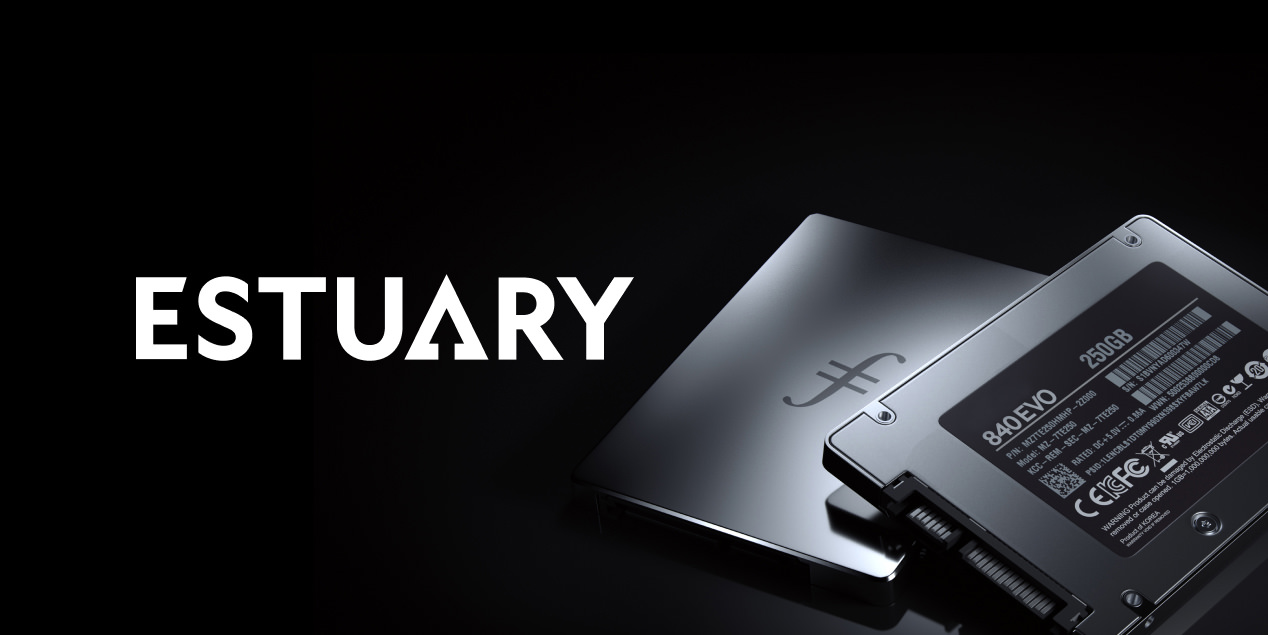Estuary is a Boon to All Filecoin Users
It’s been over a year since the first commit to the Estuary codebase on GitHub. Today, the builders behind the project have been successful in helping the world use decentralized storage and could not be more excited to share their plans for the future.
Estuary is an open source decentralized data storage service built on key distributed web protocols such as Filecoin and IPFS. To ensure the durability of data, Estuary uses the Filecoin Network to store as many as six replicas on the network at any given time. The service keeps track of hundreds of Storage Providers from around the world who are willing to store public data from anyone. This makes storing data on Filecoin easier for users.
Why Use Estuary
A service such as Estuary is useful because running bare metal infrastructure for Filecoin requires a significant investment in time, hardware, and money. Organizations that are well funded may have more capital to deploy towards Filecoin infrastructure, but the resource-constrained developer or consumer does not.
To address this issue, Estuary does not cost the developer or consumer anything. The maintainers of the service only ask that the data is intended for public consumption and has the intention of advancing the world in a positive direction.
As of May 2022, users of Estuary have added over six hundred million objects to the service. That number does not include what other network operators have stored in their own self-hosted Estuary service. In total, close to a petabyte of storage has been added to the Filecoin Network through the Estuary node. The team is proud that users from around the world have taken advantage of what Filecoin and IPFS have to offer.
What’s in the Estuary Pipeline
SDKs and libraries
The Estuary API is accessible anywhere through HTTP. However, when it comes to software development kits and language specific support, the service is expanding its developer tooling beyond Go and Python. The development team is preparing to add SDK support in Rust, Java, JavaScript/TypeScript, and C#. Language choice shouldn’t limit developers’ ability to interface with the Estuary API.
Auto-retrieval
The service will also pilot a brand new auto-retrieval feature soon. If an IPFS node does not have the requested content identifier, Estuary’s automation software will make a retrieval deal against the Filecoin Network and restore the missing CID. This allows for cost-saving optimizations, brings an obvious and effective retrieval use case to Filecoin, and creates new opportunities for Storage Providers to participate in the network.
More data, more storage
Estuary as a service will pass multiple petabytes of storage this year. Solutions Architects have been engaging clients from around the world and have found a ton of useful scientific data used for machine learning and research. As the service is able to store petabytes of data, any individual who wishes to run their own node can follow Estuary’s example and achieve similar results. Solutions Architects will make sure that there are education materials for how to do this.
Logs and reputation
Measuring performance and sharing logs will become more prevalent this year. Estuary has an internal reputation system for Storage Providers that will be exposed more publicly. Network operators who are running their own Estuary Node will have more resources such as storage.market to find Storage Providers they can work with. The team will share public dashboards so the open source community can follow ongoing developments. As the Filecoin Network grows in size these resources, logs, and dashboards will always stay up to date.
Integration
Last year, Estuary integrated with over ten companies. This year, the project would like to provide its service to many more. It’s also understandable that developers may want to make sure they have total control over their own infrastructure, so Estuary is looking to double down on support for teams and individuals running their own Estuary Node.
There are many more improvements in the Estuary pipeline. The service’s development is linked very closely to Filecoin as it continues to improve as a toolchain and network. The team behind the project is ready to build more features that expose the capability of the technology while making the Estuary service better day by day.


